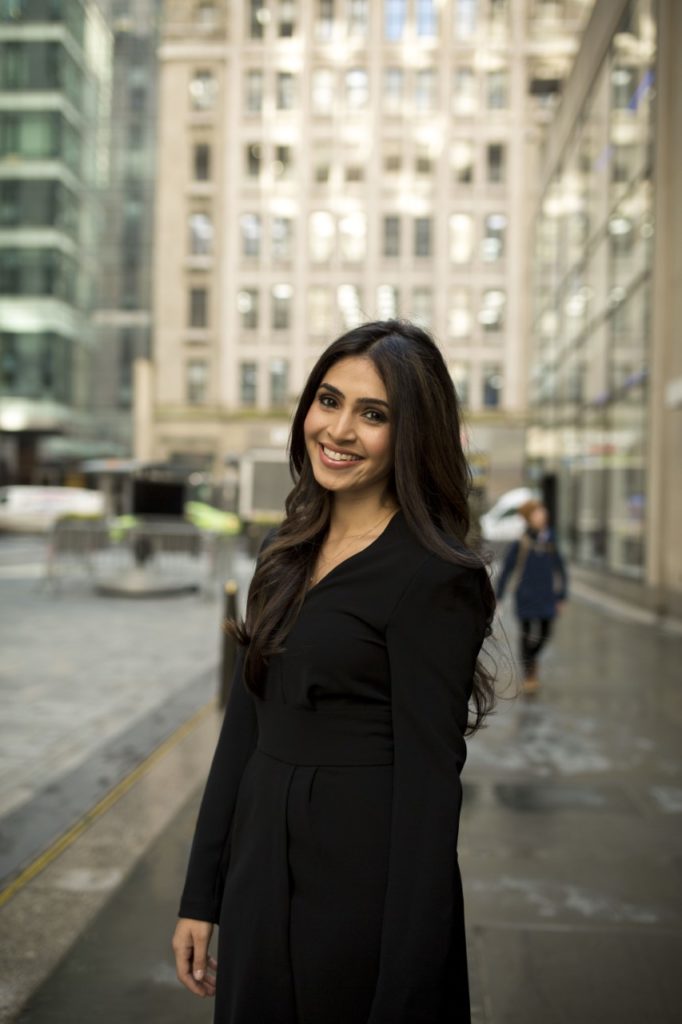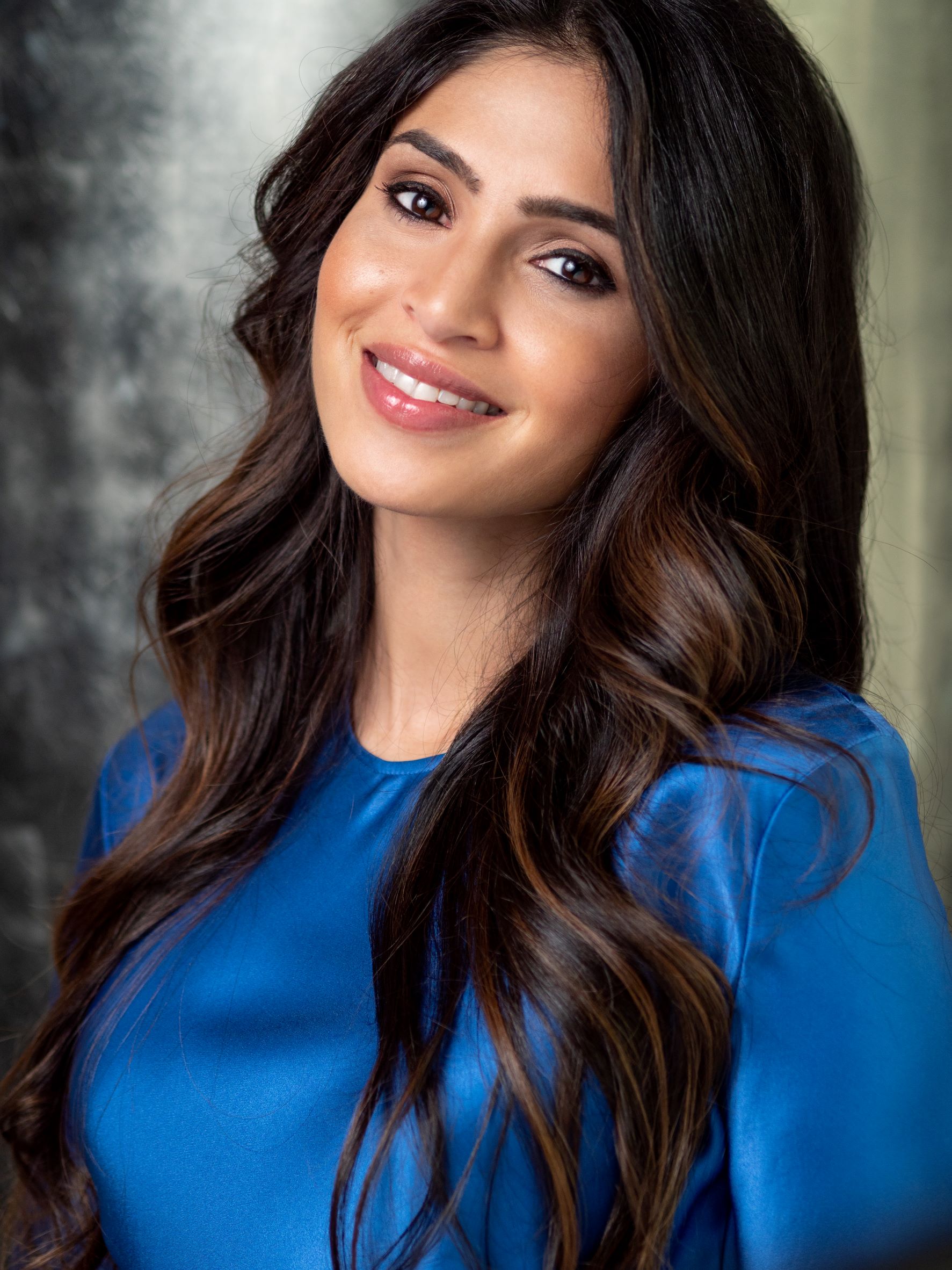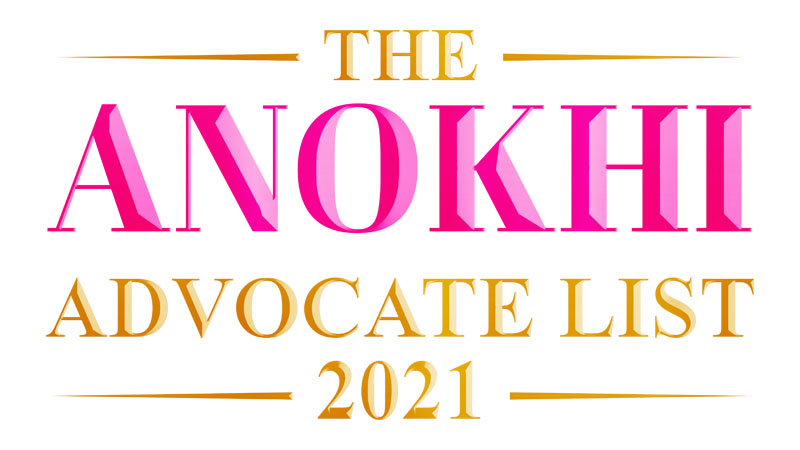- Payal Kadakia is the Founder of ClassPass, the leading fitness and wellness membership that was acquired by Mindbody in October 2021. Prior to its acquisition ClassPass had been valued at over $1 billion with members logging more than 100 million hours of workouts across 30,000 partner studios in over 30 countries. Payal is also the Founder and Artistic Director of The Sa Dance Company, founded in 2009 with the mission to increase awareness of Indian Dance in the mainstream and serve as a platform for expressing the Indian-American identity through movement. Payal has been featured in most major news outlets, has been listed as Fast Company’s 100 Most Creative People and was named to Fortune‘s 40 under 40 list. Before founding ClassPass, Payal worked at Bain & Company and at Warner Music Group. She holds a Bachelor of Science degree from MIT. Payal’s first book, LifePass: Drop Your Limits, Rise To Your Potential, forthcoming from Chronicle Books in February 2022, is now available for preorder.
Raj Girn: Welcome to The ANOKHI UNCENSORED Show folks! I’m thrilled to have built Payal Kadakia, the founder of ClassPass on the show, Payal is a rare breed in the startup to billionaire club of South Asian founders, and even more so because she’s a woman who smashed the glass ceiling and redefined the women in business identity model. Being that, she’s also an accomplished Indian dancer, among other things, tapping into her cultural roots and creative side. This alludes to her only brand persona, diverse value system and personal discipline mantra during her tenure at ClassPass. The uber successful online fitness and wellness marketing app, it grew relatively quickly to unicorn status before being led through a successful acquisition by Mindbody, a relationship akin to the Facebook-Instagram merger.
Now, she is focused on other pursuits, which include the launch of her much anticipated debut book A groundbreaking approach to goal setting, LifePass: Drop Your Limits, Rise To Your Potential: A Groundbreaking Approach To Goal Setting, forthcoming from Chronicle Books in February 2022, is now available for preorder. Payal thank you for agreeing to be a part of The ANOKHI Advocate List 2021. A huge congratulations to you and welcome. This is the first time I get to speak to you and I feel like I have so many questions for you. But [there are] three very important ones, which I’m so excited to to to have this conversation with you.
Payal Kadakia: Thanks so much for having me. And thank you so much for the honour.
RG: Of course, you know, I’m so pleased to share your advocacy journey for women specifically. There’s a lot you’ve done in the business space, but you know, just lifting women up from the perspective of a narrative that, we always feel that we need to fit within. And you’ve kind of done everything that sits outside of that narrative and accomplish many things that have been groundbreaking. This is truly an honor. And to commemorate the 19th anniversary of the ANOKHI brand, to have someone like you honoured, it’s just truly why we would do what we do. So my first question for you [which] is a very simple one. What is advocacy for you and how have you incorporated it into your personal and professional endeavors?

PK: Well, you know, I think of advocacy as a way to support those who need opportunity. For those who need a little bit more advice, resources, a way that people who necessarily might not have access to the same things everyone else does has a way to succeed. And you know, I look at my own life and I am only here because of the advocacy of so many others, whether that is anyone from obviously my parents to my dad’s teachers to obviously incredible investors and, you know, job opportunities I’ve been able to have throughout my life. But really, honestly, what it comes down to it advocacy is actually taking that extra, extra step right in the process to really support and find the people who might not easily be the one for the job, easily be the one who gets access to something and give them that opportunity.
RG: Absolutely. So I want to ask you this, how are women uniquely positioned to succeed in business? When you look at the statistics out there of the support and the investment support that men get? What’s unique about the female that positions her to succeed in business?
PK: At the core of it, women have an instinct about humanity, about nurturing, about empathy, and all those things are a part of what makes us unbelievably positioned to take on business, to take on other industries to lead because we understand what half the world feels like, you know, and if not more right? And I think one of the hardest things I have faced myself is we are not always told these stories to do the thing that is different. We are almost told many more stories, sadly, of what’s the traditional path. You know, this is what women are expected to do, especially obviously being an Indian or the daughter of two immigrant Indian people. I think I definitely had a lot of that, and I think we pushed and worked probably every day to fight against that narrative.
I thankfully ended up on this other side, but at the core of it, I really think that’s what we all need to continue to do is tell these new stories. So people know that there are opportunities. You cannot be what you can’t see. And I think the more we see, you know, women of all ethnicities, obviously all backgrounds succeeding, we’re going to change that ratio. And you know, at the end of the day, I think when I started my company, I couldn’t count that many women who were starting companies like I or I could count them on one hand. At least now it’s obviously many more and we’re just in the earlier stages. We need to get through the larger round of funding to let that number change. So we’re the ones raising the $10, $50 billion dollar checks. And that’s really when we build those companies and learn to really, honestly make the tradeoffs in our lives and not feel guilty for it. Because, like I said, it’s not what we were told to do. We were usually told to do a certain task, whether it be our families and our careers, when we’re able to not feel guilty and really prioritize our own ambition, that’s one that the numbers will really begin to change.
I think of advocacy as a way to support those who need opportunity. For those who need a little bit more advice, resources, a way that people who necessarily might not have access to the same things everyone else does, has a way to succeed.
RG: And it’s so interesting that you say that because I can say from my generation as a Gen-Xer, there wasn’t a moment in my upbringing that I wasn’t being reared to be someone’s wife. That was the job I was supposed to succeed at. So I really hear everything that you’re saying. And for all those women out there as a South Asian woman in business or as a woman of any ethnic minority, what advice would you give to them who perceive the idea of stepping into challenging situations to be just too much to take on? You know, some of the things that you’ve done? What would you say to that woman?
PK: You have to start somewhere. I think whether it’s in your own family to, you know, making sure, I think for me, it started as small as wanting to dance, it wasn’t building a huge tech company. I literally feel like the first big battle of my life was convincing everyone around me to let me dance, and I know that’s so small. But I think when I think about doing that fight that I had for my passion in my life, I learned to fight for everything. Not just that I learned to fight for myself. And sadly, because of the way society [is] and what people [tell us] to do once again, we have to fight. We have to make sure that people know what our worth is, and we have to know our worth. And that comes from believing in yourself and knowing that it’s already inside you. And don’t let anyone question that.

I have a book coming out early next year, and I actually talk a lot about this in the book. I have a whole chapter on expectations because that is a constraint. I think so many of us face, but we need to have rules and a routine to really help get away from that right. The right and I think some of it for me is I push boundaries up when I feel like certain people keep bringing up certain topics that I no longer want to talk about or certain things in my life. I find a way to work through it because I’d rather focus my life and my life on saying yes to the things that make me exceptional and my ambition. And just don’t ever be afraid of being ambitious in your life’s ambition is so important to everyone. It is a fuel for, you know what our purpose is on Earth, and we should never, ever be afraid of it.
RG: Absolutely, Payal. Just the words that I feel anyone that’s going to be listening to this, watching it or reading about it. I feel that it’s something that they’re going to really sit with. They’re going to extract those things that speak to them about their respective journeys. Thank you so much for your time and a huge congratulations again for being one of our valued honorees of The ANOKHI ADVOCATE List 2021. And sweetheart, I sincerely wish you well with your book and literally with everything. Also happens that, you know, is important for you because your legacy is already one that’s broken ceilings out beyond glass. Thank you so much for your time. I really, really appreciate it and I appreciate you. Thank you.
PK: Thank you, Raj. I really appreciate it and all the work you’re doing for our community.
RG: Thank you, my love. Thank you so, so much.
All photos courtesy of Payal Kadakia



